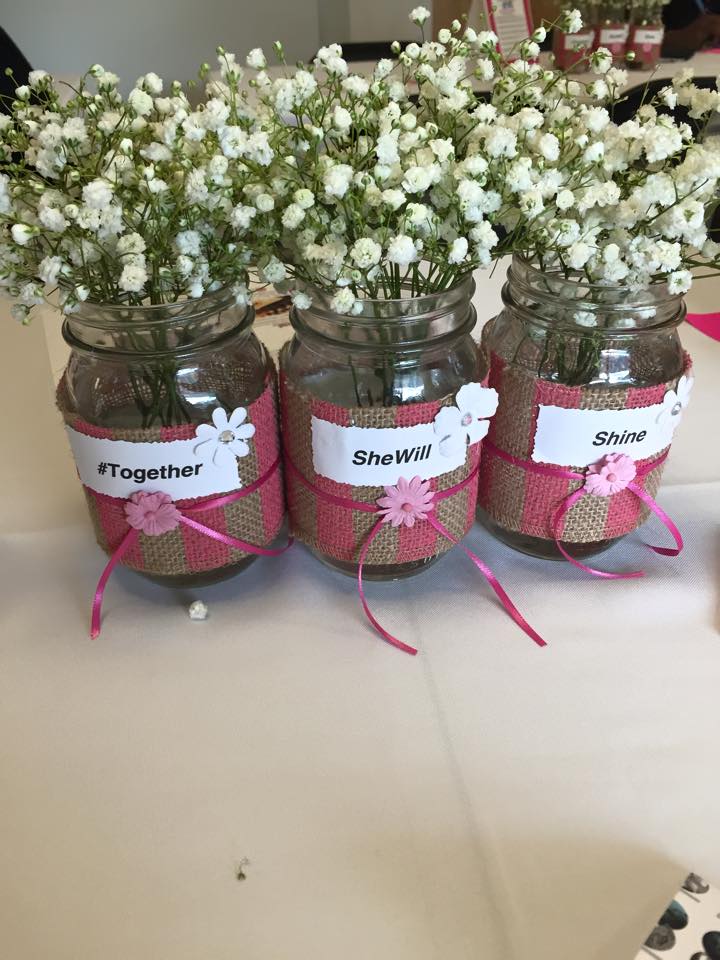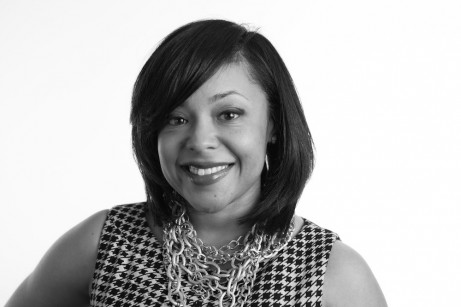October marks Domestic Violence Awareness Month. Now, you might be thinking: “what does beauty standards have to do with domestic violence?” And I’m here to tell you that they are linked…and it will all be explained in a future post about Domestic Violence. For now, know that the larger issues of sexism and racism play a part; and these are apparent in our beauty standards and our treatment of women.
Our society has normalized white beauty leaving little to no space for women of color. This doesn’t mean women of color have been quiet…not at all! There have been many movements created by women of color to celebrate their unique beauty. And we love all that self-love!
Although we are creating space and change in society with these movements and with these ideas, we are still not perfect. According to Demtria Lucas D’Oyley from The Root:
“There’s nothing wrong with celebrating beauty or black culture distinguishing itself by celebrating our own outlook. But it is important that in our conversations and perspectives about beauty, we make room to be inclusive of many shapes, sizes and curves—even those without them.”

Women of color and white women struggle with notions of body image—especially meeting unrealistic expectations. In her article, Demetria mentions Tiara Harris as having a “figure that is ‘ideal’ for black women—narrow waist, ample bosom, thick thighs, and prominent rear”. These idealizations have caused many women who do not have this figure naturally to seek ways to “enhance” their natural shapes. Charing Ball of Madame Noire shares her insecurity about her own figure:
“I’ve always been insecure about my behind – or lack thereof. Growing up it wasn’t easy being the black girl without a big butt. I remember having a boyfriend frankly tell me one time that my big breasts, thick thighs and hips were nice but I would “look better” if I had a bigger behind. He wasn’t the only one who told me that. Even my closest girlfriends chide[d] me about my “white girl” shape.”
When creating space for inclusion in our society’s beauty world, it is important not to accidentally exclude people even more. We want women of all shapes and hues to know that they are beautiful, special, and unique.
And it is essential that this conversation is had without the backdrop of boys or men. When we discuss women’s beauty in context of the male gaze, we are uniting the two as one unit. However, a woman’s beauty is not based on a man’s approval. While we may know this in the back of our minds, it does not always follow through in our initial thoughts or conversations. A woman’s beauty comes from her mind, heart, and soul. It is not based on our face, our figure, or a man’s approval.
Don’t limit yourselves. Stay confident. Stay beautiful.
How can you encourage positive self-esteem in your girls?
- Let them know they are beautiful not “despite” physical appearances, but because of everything that makes them who they are
- Show them women of all sizes, hair styles, skin color, and figures to let them know that variety and diversity exist and are beautiful
- Be a good role model! Don’t put other women down for not being “ideal”
- Connect your girls with supportive mentoring groups that encourage positive self-esteem

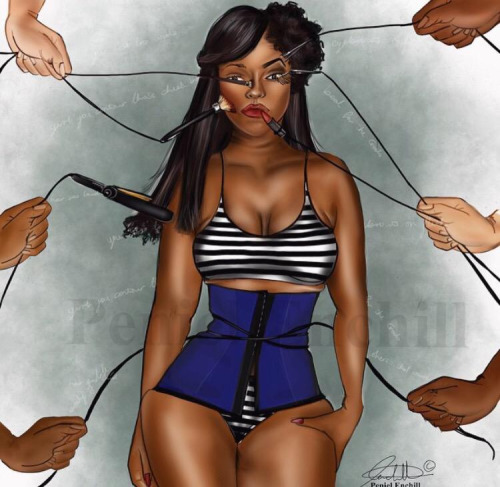


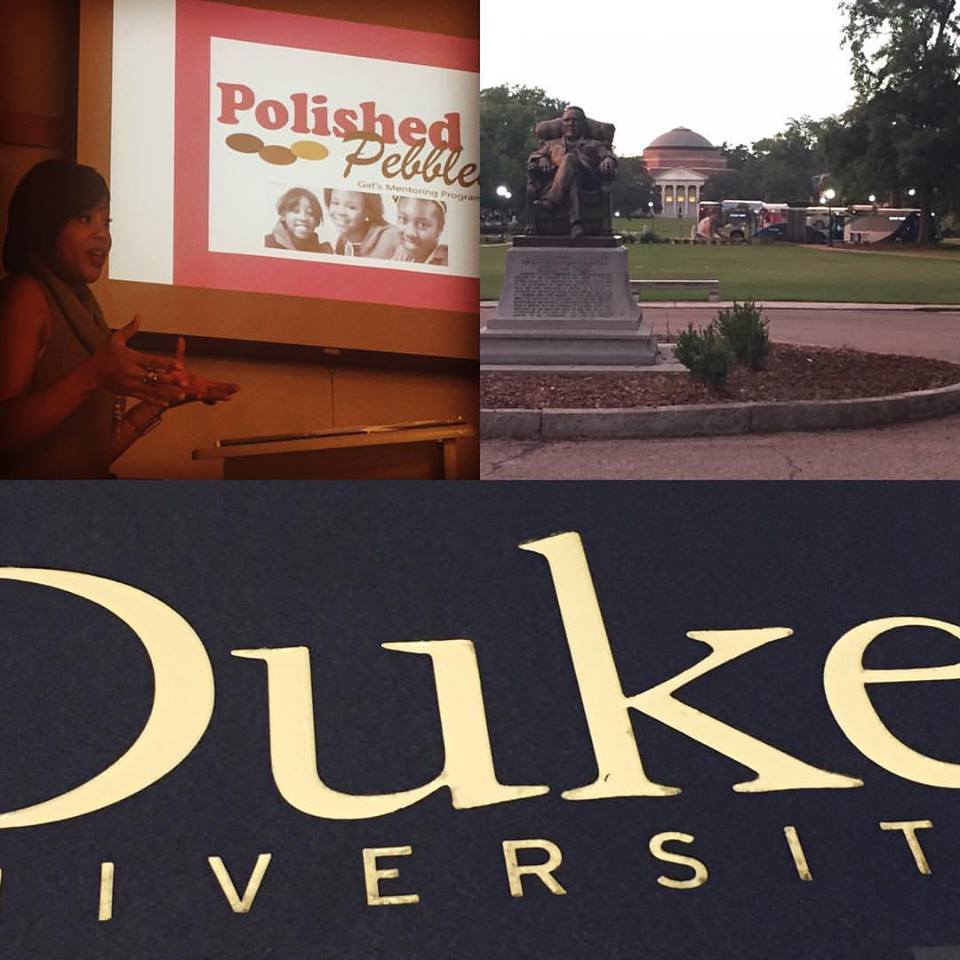

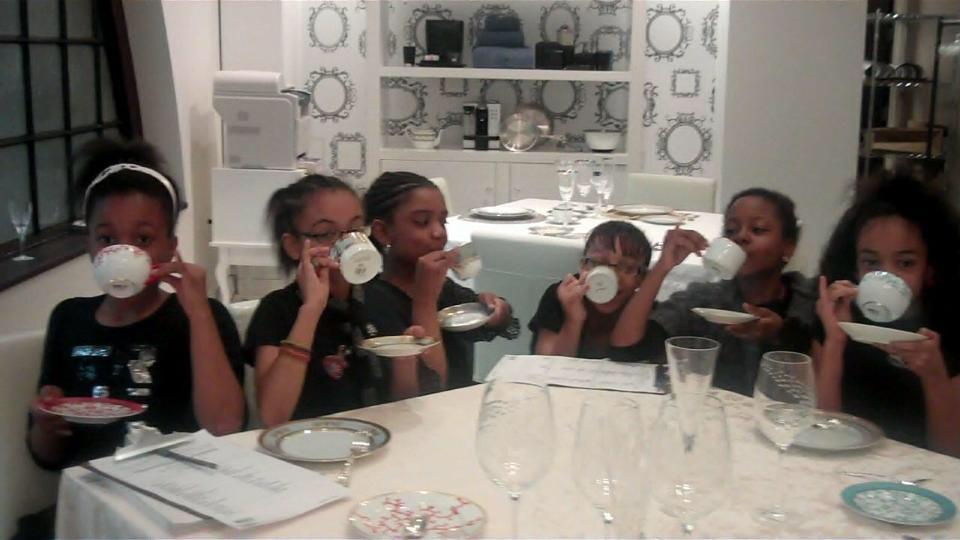



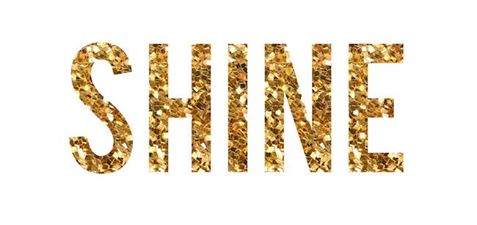

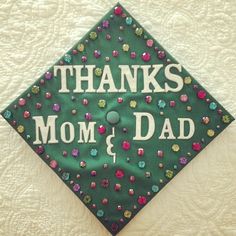
 #WhatSheNeeds continues with our first topic…Parental Support! For all of our interviewees, parents have been incredible supports during the college experience. But sometimes, things got a little sticky. Parents always wants what is best for their children, but sometimes this causes tension for college students. As summer is quickly passing, all you parents are getting ready to send your daughters off to college–some for the first time! We want you to know how to best support your daughters in their academic career! Here is some advice from our lovely college women…
#WhatSheNeeds continues with our first topic…Parental Support! For all of our interviewees, parents have been incredible supports during the college experience. But sometimes, things got a little sticky. Parents always wants what is best for their children, but sometimes this causes tension for college students. As summer is quickly passing, all you parents are getting ready to send your daughters off to college–some for the first time! We want you to know how to best support your daughters in their academic career! Here is some advice from our lovely college women…
